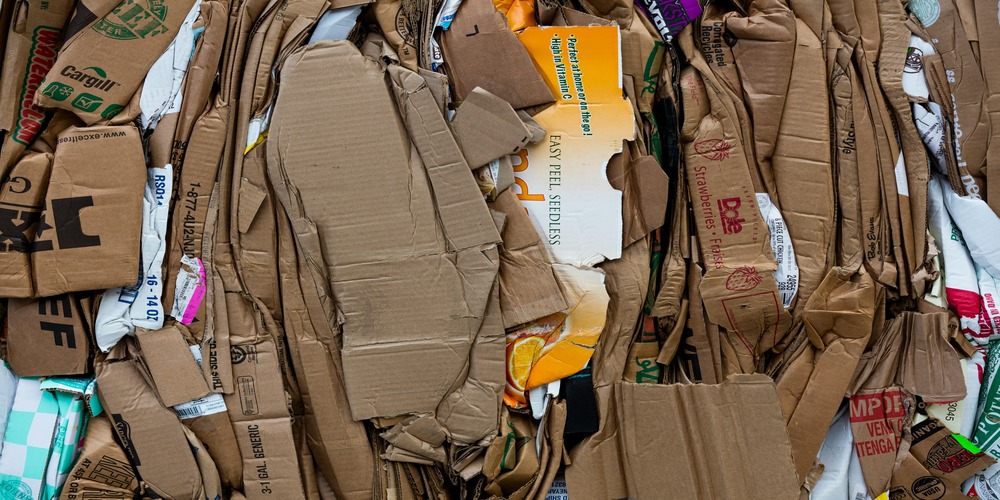Waste compactors: An efficient tool for waste management

Waste compactors have become essential in modern waste management, offering a solution to reduce the volume of waste. These machines compress various types of materials, such as household garbage, commercial refuse, and industrial waste, into smaller, more manageable volumes. This compression not only saves space but also reduces transportation and disposal costs, making compactors popular across multiple industries.
What is a waste compactors?
A waste compactor compresses waste materials into compact forms, reducing the volume by up to 75%. These machines are designed to minimize the space that waste occupies, making it easier to transport and dispose of. They are available in various sizes and types, catering to residential, commercial, and industrial applications.
The basic operation involves placing waste into a chamber where a hydraulic press crushes and compacts it. The compressed waste is packed into a container or bale, which can then be transported to a landfill or recycling center. Waste compactors can handle a variety of materials, including general trash, recyclables, and even hazardous waste in certain cases.
Types of waste compactors
Residential waste compactors: These are small, user-friendly machines used in homes to manage household waste. They are often installed in kitchens and help reduce the number of trash bags needed and the frequency of waste disposal.
Commercial waste compactors: Larger than residential units, these are used by businesses, restaurants, and retail establishments. Commercial compactors handle high volumes of waste, such as packaging materials and food waste, helping businesses save on disposal costs and trash pickups.
Industrial waste compactors: Designed for industries generating large amounts of waste, these heavy-duty machines are commonly found in manufacturing plants, warehouses, and construction sites. They manage bulky materials like scrap metal, cardboard, and wood, helping industries cut down on disposal costs and comply with environmental regulations.
Benefits of waste compactors
Space efficiency: Waste compactors significantly reduce the volume of waste, saving valuable space in dumpsters, bins, and landfills. This is especially useful in urban areas or places with limited waste storage options.
Cost savings: Compacted waste requires fewer trips to disposal sites, leading to reduced transportation and disposal costs. Businesses benefit from lower waste collection fees due to fewer pickups, and smaller loads also reduce fuel consumption during transportation.
Environmental impact: Compactors contribute to sustainable waste management by reducing the amount of waste sent to landfills. Additionally, some compactors can handle recyclable materials, helping divert more waste from landfills and ensuring proper recycling.
Improved hygiene: By compressing waste into tightly sealed containers, compactors help control odors and pests, which is especially beneficial for businesses like restaurants and grocery stores. This helps maintain a cleaner and more hygienic environment.
Regulatory compliance: For industries dealing with hazardous waste, compactors can assist in compliance with waste disposal regulations. Many industrial compactors are designed to handle regulated materials safely, reducing the risk of fines or legal issues.
Choosing the right waste compactor
When selecting a waste compactor, consider the type of waste, the volume produced, and the available space for the machine. Smaller businesses or households may find residential or commercial compactors sufficient, while larger companies or industries with high waste output might require industrial compactors with greater capacity.
It’s also important to factor in the cost of maintenance. Regular servicing is essential for keeping compactors in good working order, and many manufacturers offer maintenance plans or service contracts.
Waste compactors as an investment in efficiency
Waste compactors offer an efficient solution for managing waste by reducing its volume. This translates into space savings, lower disposal costs, and more environmentally friendly waste practices. Whether used in homes, businesses, or industries, waste compactors help streamline waste handling processes, making them an important tool for modern waste management.

